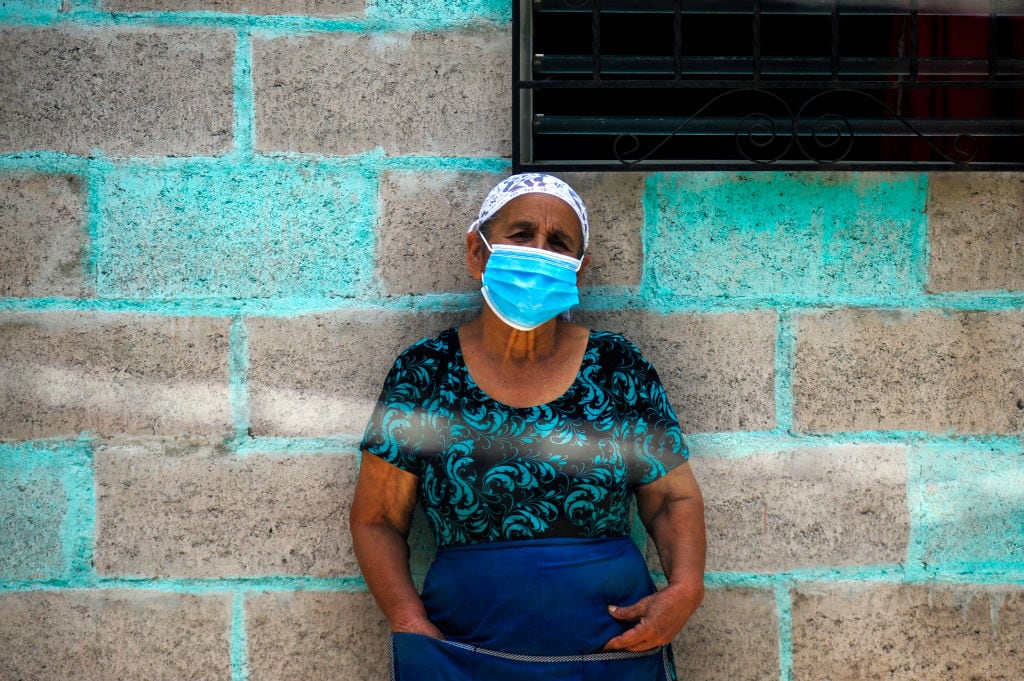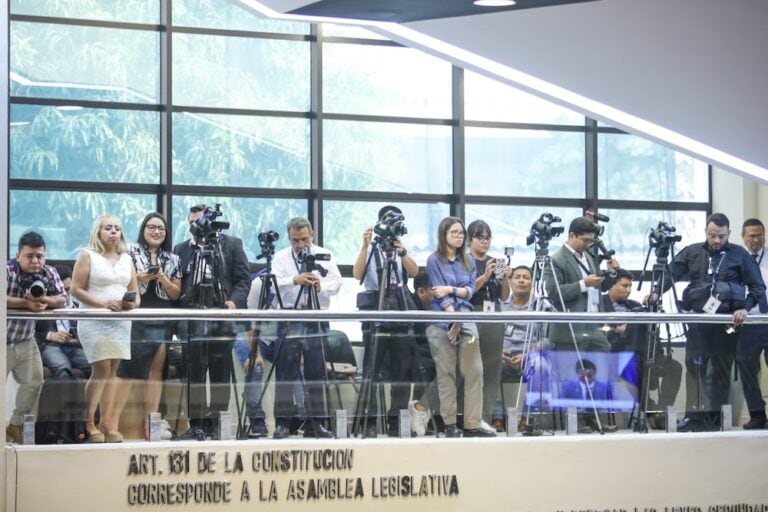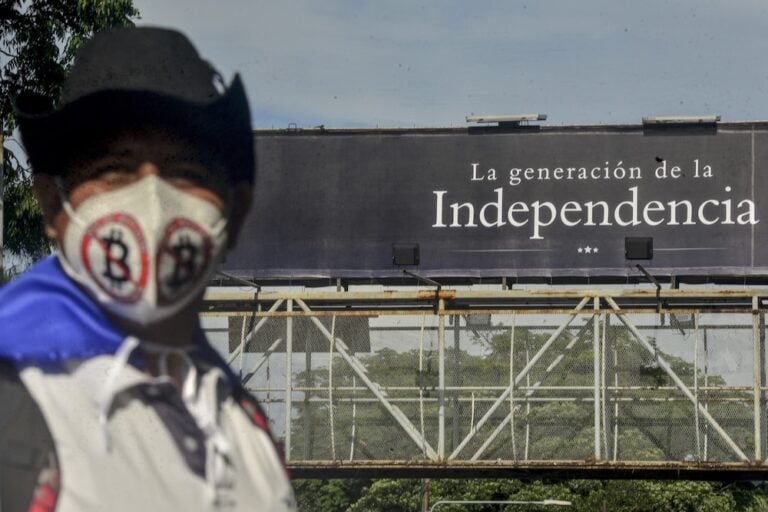IFEX-ALC joins over 100 organizations in warning that the El Salvador government’s measures to tackle COVID-19 have created a violent and hostile environment that hinders the work of Women Human Rights Defenders.
The undersigned organizations denounce the alarming increase in attacks against women human rights defenders (WHRDs) and organizations since the government of El Salvador’s measures in response to the COVID-19 global health crisis. Of particular concern are attacks in the digital sphere. This has created a violent and hostile environment for WHRDs and hinders their work.
The Nayib Bukele government’s use of Information and Communication Technologies as a primary tool for transmitting institutional information is noteworthy. The President has also taken to digital media to delegitimize those who criticize his policies, including messages that discredit human rights organizations and use misogynist language.
According to the information gathered in the Regional Monitoring System of Attacks against WHRDs (1), after the measures decreed in the context of COVID-19, there has been an increased in governmental statements and positions that put human rights defenders at risk, particularly those who have a presence in social media and networks.
The increase in gender-based violence in the digital sphere is particularly concerning. The Regional Monitoring System shows an increase in the number of WHRDs who denounce cyber-harassment, defamation, threats and public discrediting. WHRDs and journalists (primarily those who have publicly denounced alleged irregularities o disagreements in the government’s management of the crisis) have stated that they are being targeted by smear campaigns with a high component of gender violence. They also point out that some of the messages come from social media accounts belonging to public officials, persons who are close to the current government, or the official Party (2).
Additionally, the Journalists’ Association of El Salvador (APES for its acronym in Spanish) presented its quarterly report on 3 May, describing 54 cases of freedom of the press violations. The report states that 39 of these incidents took place during the March-May emergency and that at least 9 of them were directed at women, identifying acts like restrictions to journalism work, digital attacks, and removal of access to public information.
Other human rights violations that are frequently denounced in the context of the pandemic are police abuse and exclusion from State services that guarantee access to basic rights. WHRDs have not been spared these forms of violence, and the WHRD Network in El Salvador has documented cases such as those of Sara Yamileth Benítez and Ana Cristina Barahona, two WHRDs who were detained and accused of breaking the lock-down when they were purchasing food and medicine.
The essential role of organizations and human rights defenders in promoting recognition of human rights and constitutional rights and guarantees in the country is particularly important in the context of the pandemic.
For this reason, we demand that the authorities in El Salvador immediately adopt all the necessary measures to guarantee the exercise of rights and the respect of constitutional guarantees and international law.
Additionally, and responding to the importance of exercising freedom of expression and the right to defend rights, we request:
- To the President and officials of the Executive Branch, that they abstain from publishing messages that stigmatize human rights defenders and journalists and puts them at risk, as well as messages that promote discrimination against women.
- To the Ministry of Justice and Public Security and the Ministry of Defense, to take measures to prevent the arbitrary and excessive use of force by agents of the National Civil Police and Armed Forces.
- To the General Prosecutor’s Office and the Ombudsperson for Human Rights Defenders (PDDH in Spanish), to swiftly investigate the complaints lodged by human rights defenders and journalists about acts that may constitute crimes.
- To the Institute for Women’s Development of El Salvador, the PDDH, and the General Prosecutor’s Office, to investigate violence and discrimination due to human rights defense activities and the exercise of freedom of expression, as well as the arbitrary detention of women, some of whom are mothers, who leave their homes to purchase food and medicine, and whose young children are now in a vulnerable situation without their primary care-givers at home.
- That the National Civil Police conduct their work in the context of the crisis adhering strictly to human rights, with a gender perspective, and taking into account that care-giving work, community protection and defense in crisis situations is often led by women.
We also demand that international human rights organisms remain vigilant to this type of events and respond to the serious human rights abuses that WHRDs are facing in El Salvador.
______________
(1) Developed by the Mesoamerican Initiative of Women Human Rights Defenders and the WHRD Network in El Salvador.
(2) For more information, see: http://im-defensoras.org/es/ (Alerts on the cases of Montserrat Arévalo, Movimiento de mujeres eco-feministas de El Salvador, Camila Portillo, Bertha María DeLeón, Yaneth Estrada y Agrupación Ciudadana por la Despenalización del Aborto).



